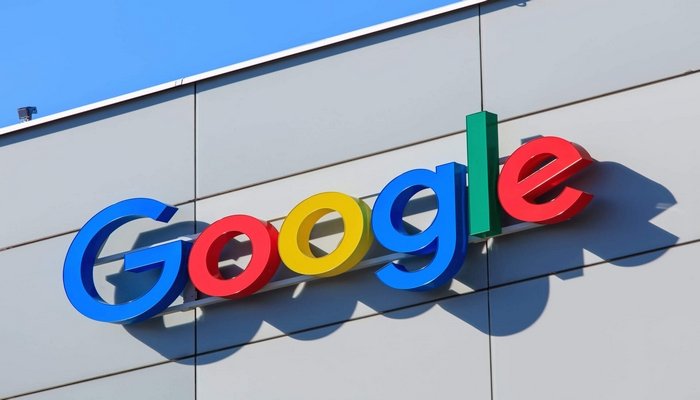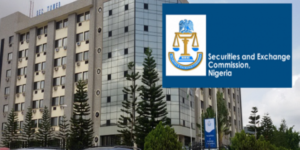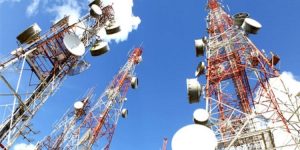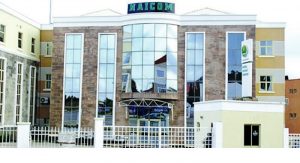
Google said its investments have enabled 100 million Africans to access the Internet for the first time and that the Equiano cable alone is expected to increase this year’s real gross domestic product (GDP) of Nigeria, South Africa and Namibia by an estimated $11.1 billion, $5.8 billion and $290 million, respectively.
Google stated this yesterday when it announced a new set of investments in Africa, while reaffirming its nearly two-decade commitment to the continent’s digital transformation.
The latest commitments focus on empowering Africa’s next generation through AI, unlocking opportunities and expanding the innovation capacity of young Africans.
The firm said these new commitments cover Internet connectivity, youth-led learning and innovation and skills training.
Further, the American firm has disclosed four strategic subsea cable connectivity hubs in the north, south, east, and west regions of Africa. This investment creates new digital corridors within Africa and between Africa and the rest of the world – ultimately deepening international connectivity and resilience, as well as spurring economic growth and opportunity.
This is the latest addition to Google’s Africa Connect infrastructure programme, which sees the company build vital connectivity across the continent: including the Google Cloud region in Johannesburg serving users across the continent, the Equiano cable running along the entire western seaboard of the continent, and Umoja, the first fiber optic route to directly connect Africa with Australia (running through Kenya, Uganda, Rwanda, Democratic Republic of the Congo, Zambia, Zimbabwe and South Africa).
Google is also looking at enabling Africa’s young people to learn, innovate and lead, stressing that this is critical to Africa’s development and economic growth.
In terms of equipping people with AI skills, which has become more critical, to date, Google has trained seven million Africans and plans to train an additional three million students, young people, and teachers by 2030.
Google is also bolstering local capacity by providing African universities and research institutions with over $17 million in funding, curriculum, training and computing and access to advanced AI models over the past four years – with an additional $9 million planned for the coming year.
Further, Managing Director for Google in Africa, Alex Okosi, said: “Africa’s digital economy holds immense potential, and it will be driven by the talent and ingenuity of its next generation. Today’s announcements, spanning AI education, advanced tools for students, and expanded connectivity, are a unified investment into the upward trajectory of the continent. We are committed to providing the foundational infrastructure, the cutting-edge tools, and the financial support necessary for Africa’s youth to innovate, lead, and build a thriving digital world.”
Google said these announcements are the latest chapter in its long-term investment in the continent, which has delivered on $1 billion of investment.
Google claimed that its sustained commitment to Africa has included driving connectivity; training more than seven million people across the continent in digital skills to support the future workforce; and supporting 153 startups from 17 African nations through the Google for Startups Accelerator Africa, helping them raise $300 million and create 3,500 jobs.








